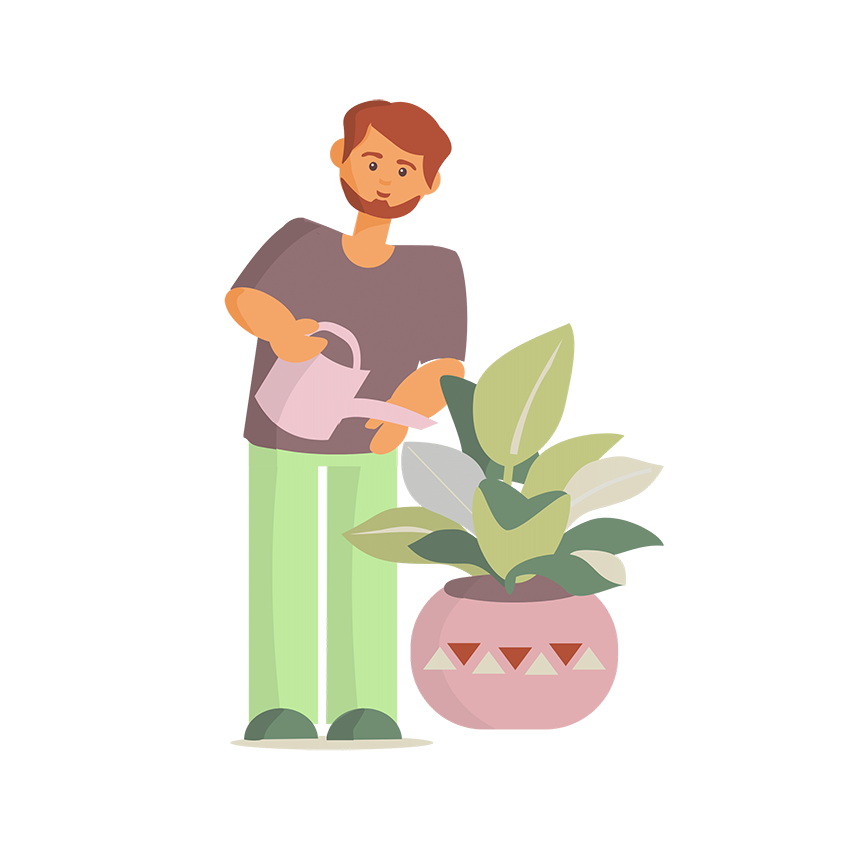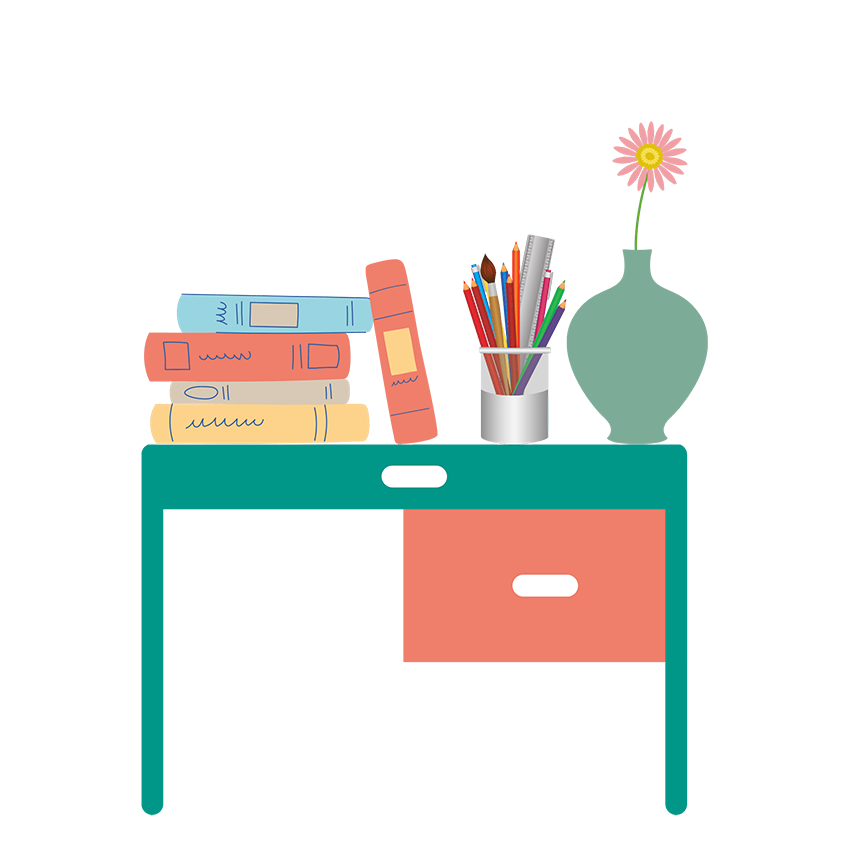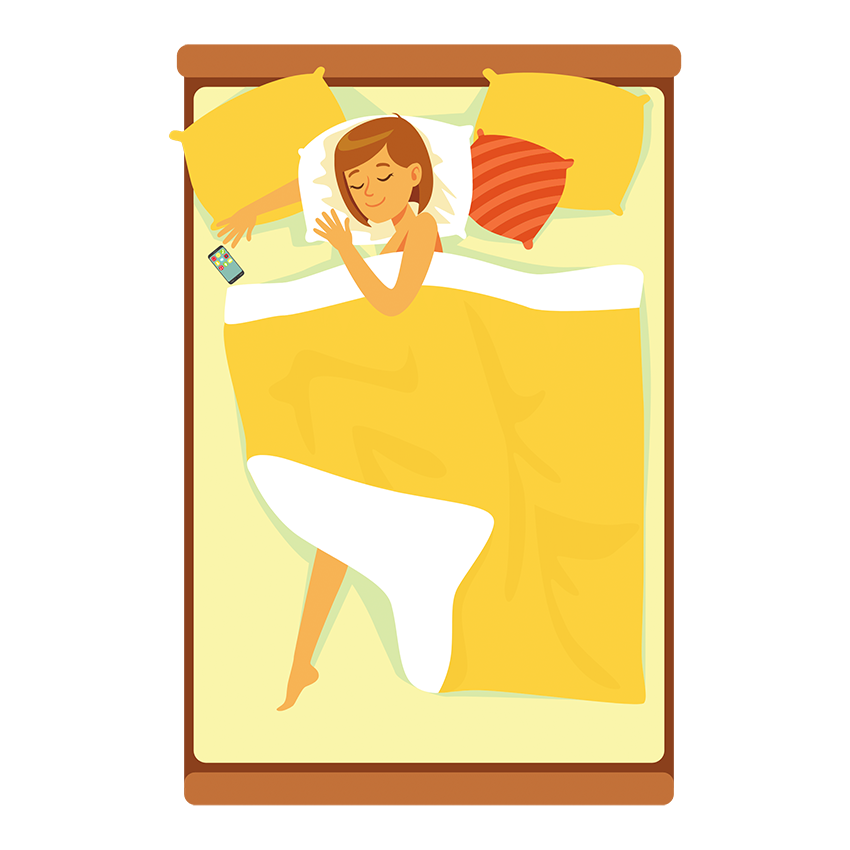Most of us are not as lucky as Nobel Prize laureate William Faulkner, who said he only wrote when he was inspired – which happened to be at 9 am every morning.
Working out how to unblock writer’s block can be difficult when you’re stuck in the middle of it. It disrupts your workflow and undermines your self-confidence. It can also lead to more serious health issues when frustration turns into self-doubt, stress and anxiety.
So what can you do to unblock writer’s block?
Here are seven evidence-based ways to get you moving again.
Have you ever noticed that a great creative idea comes to you when you’re doing something mundane like taking a shower or washing the floor?
More than a decade ago researchers Kimberly Elsbach and Andrew Hargadon, from the University of California, proposed that creativity could be enhanced by episodes of mindless work.
They pointed to studies by Alice Isen that demonstrated there were improved problem-solving and unusual word association among workers with demanding jobs when they incorporated mindless tasks into their daily workflows. These included photocopying, cleaning and unpacking supplies.

This evidence suggests that going offline will help get your brain working in innovative ways.
It helps to do something simple and easy.
Put space between yourself and the task at hand.
Pull some weeds out of the garden, prune the hedge, go for a walk, or do a simple cleaning or tidying task.
Note, though, that mindless work
doesn’t include participating in social media, even if you’re only reading other people’s posts. This type of online activity simply substitutes cognitive tasks with visual distractions.
In his 50s author Graham Greene encountered writer’s block for the first time.
He discovered that keeping a dream journal provided an avenue for expression that freed him from conscious anxiety.
Free writing, stream of consciousness writing and brainstorming are all exercises that enable us to write to ourselves without fear of judgement from others.
This can free up obstructions and impediments, and clear the way for fearless creativity.
Self doubt and lack of confidence can drive creativity to ground, so developing ways to protect yourself when you need support can help keep you on task when you don’t want to deal with criticism. And let’s face it we all have times when naysayers can affect our confidence.
This creative activity is good if you’re working on how to unblock writer’s block.
Forget the big picture for the time being.
Drill down to the details and focus on one issue at a time. Write a list of all the things you should have done this week, even if they’re not work-related, and work through them crossing off each item as it’s completed.
Purchase a personal planner, or organiser, and map out your entire day or week. Buy planner stickers and use them to mark up important events in your planner.
Get structured and organised. Don’t worry if it’s not your usual style, try it anyway.
Inserting order into your daily timetable, even if it’s a temporary fix, can help minimise any chaos that might be crippling your creativity.
That feeling you get when you complete something that’s been hanging around for ages might be the kickstart you’ve been waiting for.

Write questions to yourself.
Who is my audience?
What do l need to deliver?
Does my interpretation correlate with what my manager wants?
Asking the right questions will help clarify the project and identify any red herrings. Examine your answers and ask more questions if necessary.
If discrepancies arise between your questions and answers, consider how to resolve them and collaborate with colleagues if necessary.
If you don’t have a deadline, set one for yourself. Don’t set yourself up for failure though.
Put realistic pressure on yourself to give ‘you’ a little push. For example, make an appointment for the day following your deadline so there are real-life consequences if you don’t meet it.
Does your thinking start with a conclusion? Indian philosopher J.Krishnamurti said that ‘to think from a conclusion is not to think at all’.
He explained that it was ‘because the mind starts from a conclusion, from a belief, from experience, from knowledge, that it gets caught in routine, in the net of habit.’
Does this sound like you? If it does, discard your conclusion and redesign the task.
Skip the beginning and start at the end. Work backwards. Tip your ideas upside down and dive into the creative process anew.
Work through your process to arrive at the conclusion – don’t allow your thinking to become routine and habitual.
How to unblock your writer’s block is becoming clearer, right?
When the brain’s frontal lobe, or Broca’s area, is damaged, it can result in aphasia. This is an impairment of the mind’s language capacity that hinders speech.
When writer’s block affects writers, it results in an inability to write down the words they want – to make connections and create stories.
For several years, neurologists have produced studies demonstrating that the prefrontal cortex is crucial to creative thinking.
More recently, a series of clinical observations has emerged that demonstrates the ‘facilitation of artistic production in patients with neurodegenerative diseases affecting the FTD [prefrontal cortex]’, such as frontotemporal dementia.
This fascinating paradox is being examined further, but what we can take away from the research is that brain health is complex and essential to cognitive reasoning.

Good diet is one important way to keep your brain healthy and functioning optimally.
Dr Jenny Brockis wrote in Better Brain Health, that while it’s beneficial to eat particular foods for brain health, it’s the combination of different foods, or the diet in general, that matters most.
So look at a Mediterranean-style diet, as well as the components of it, such as leafy greens, vegetables, fish, olive oil, whole grains, nuts and healthy fats.
Put them all together in a consistent way and make eating for brain health a regular part of your life, not a novelty or fad. A healthy diet will provide benefits for many other aspects of your life as well as brain health.
Keeping your brain healthy is also dependant on getting enough sleep. A little more sleep could also help you unblock writer’s block.
Years ago, a report in Springer’s nature journal concluded that sleep played a major role in the development of insight.
By consolidating recent memories it is possible, the authors concluded, that the ‘representational structure’ of memories is changed during sleep and this process allows ‘insight’ to develop.
We also know from tests over a long period of time that divergent thinking, which is cognitive method used to generate multiple ideas about a topic and explore lots of different solutions, diminishes when people are sleep-deprived.
Most of us also know, through our own experience, that vivid insights can be experienced when people are sleeping or just waking.

According to the US National Heart, Lung and Blood Institute, sleep deficiency can have detrimental effects on our bodies, including our brains. It is linked to increased heart disease, kidney disease, high blood pressure, diabetes and stroke.
The bad news doesn’t stop there. Not getting enough sleep is also linked to human error and serious accidents.
This is because sleep helps the brain to function properly, and a lack of it can make it difficult to make decisions, solve problems, control emotions and minimise risk-taking behaviour.
How much sleep do you need? Experts say it varies across individuals, but six hours is generally too little and eight hours is usually adequate.
This is not to say that some people won’t need 10 hours sleep a night to function optimally.
Sometimes a prolonged inability to be creative can be a sign that something else is wrong.
It’s important to differentiate between, for example, depression and writer’s block.
For some people, trying to work out how to unblock writer’s block is not straightforward. If you think there may be more to your writer’s block than a temporary lapse of focus and motivation, you should seek expert medical advice.
Textshop Content is your one-stop shop for writing and editing. From medical writing and ghostwriting to SEO blog posts and content marketing, we’ve got you covered.
